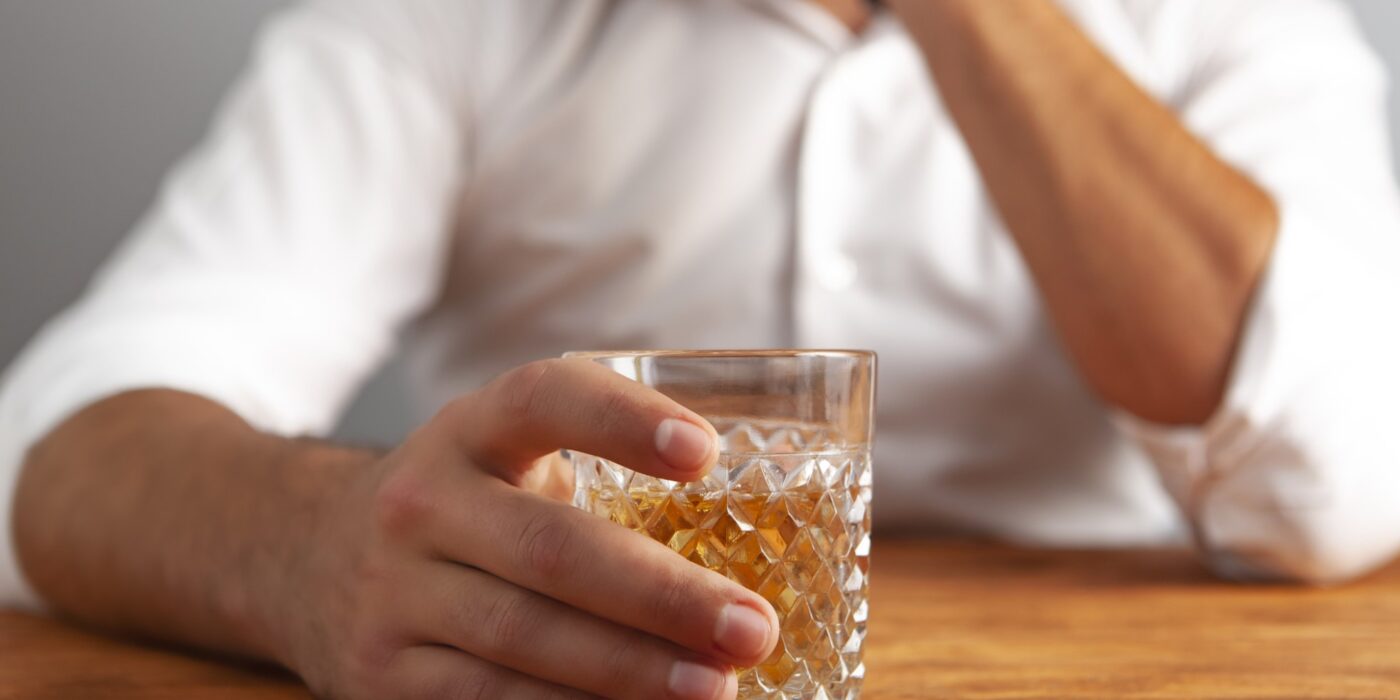A hair transplant is a highly effective and permanent solution for those suffering from hair loss. While the procedure itself is crucial for achieving the desired results, the post-operative care also plays a significant role in ensuring the best outcomes. One often overlooked aspect of post-hair transplant care is lifestyle habits, particularly smoking and alcohol consumption. These habits can have a direct impact on the healing process and the success of the hair transplant. In this article, we will explore whether smoking and alcohol use are harmful after a hair transplant and why it’s important to avoid them.
The Healing Process After a Hair Transplant
After a hair transplant, the newly transplanted hair follicles need time to settle into their new location and start growing. During this recovery phase, the body needs to heal, and the hair follicles need nutrients, oxygen, and a healthy environment to thrive. Various factors such as diet, hydration, and overall lifestyle can either aid or hinder this process.
Both smoking and alcohol consumption can interfere with the healing process and can negatively affect the success of the hair transplant. Let’s take a closer look at why these habits can be harmful after the procedure.
Smoking and Its Impact on Hair Transplant Recovery
Smoking is well-known for its adverse effects on health, but its impact on hair restoration procedures is often underestimated. Smoking can significantly hinder the healing process after a hair transplant in several ways:
Reduced Blood Flow and Oxygen Supply
Nicotine, the main component in cigarettes, is a vasoconstrictor, meaning it narrows the blood vessels. This reduces blood flow to the scalp, which is essential for the healing process. When the blood supply is compromised, the hair follicles do not receive enough oxygen and nutrients, which can hinder the grafts from settling properly and growing. This lack of oxygen can slow down the healing process and negatively affect the health of the newly transplanted hair.
Increased Risk of Infection
Smoking weakens the immune system, making the body less effective at fighting off infections. After a hair transplant, the scalp is in a sensitive and healing state, and an infection could seriously compromise the results of the procedure. Smoking can increase the risk of infections, which can lead to complications like poor hair growth, graft rejection, and even scarring.
Slower Wound Healing
Nicotine also reduces the body’s ability to repair tissues. As a result, the incisions made during the hair transplant procedure take longer to heal. Slow wound healing can lead to scarring, and it can also cause discomfort during the recovery phase.
Alcohol and Its Effect on Hair Transplant Recovery
Alcohol, while often consumed in moderation, can also have negative effects on the post-transplant healing process. Here are some reasons why alcohol consumption should be minimized or avoided after a hair transplant:
Dehydration
Alcohol is a diuretic, meaning it promotes urine production and leads to dehydration. Dehydration can dry out the scalp and hair follicles, hindering the healing process. Proper hydration is essential after a hair transplant, as it helps nourish the hair follicles and promotes hair growth. Drinking alcohol can prevent your body from staying properly hydrated, which can delay recovery and affect hair follicle health.
Blood Thinning and Increased Bleeding Risk
Alcohol can thin the blood, which increases the risk of bleeding during and after the procedure. It can also affect the clotting process, making it harder for your scalp to heal properly. Increased bleeding can lead to swelling and bruising, which can complicate the recovery process and affect the final results.
Disrupting Sleep and Stress Management
Drinking alcohol, especially in excess, can disrupt sleep patterns and affect the body’s ability to rest and repair itself. Sleep is crucial during the recovery phase of a hair transplant because the body needs rest to heal and regenerate cells. Alcohol can also increase stress levels, which can have a negative effect on hair growth. High-stress levels can lead to increased hair shedding, slowing down the regrowth of your newly transplanted hair.
Combining Smoking and Alcohol: The Compound Effects
The combination of smoking and alcohol consumption can have compounded negative effects on the hair transplant healing process. Both habits reduce blood flow and oxygen supply to the scalp, increase the risk of infection, and slow down the healing of the incisions. Together, they create an environment that is not conducive to optimal hair growth and recovery. Therefore, it is highly recommended to avoid both smoking and alcohol after a hair transplant to ensure the best possible outcome.
How Long Should You Avoid Smoking and Alcohol?
To achieve the best results from your hair transplant, it is recommended to avoid smoking and alcohol for at least a few weeks before and after the procedure. Most experts suggest stopping smoking and drinking alcohol for at least 2 weeks before the transplant and continuing to avoid them for at least 4 to 6 weeks after the procedure. This gives your body the time it needs to heal properly and ensures that the hair follicles have the best chance to take root and begin growing.
Alternative Ways to Support the Healing Process
While it’s important to avoid smoking and alcohol after a hair transplant, there are many positive lifestyle changes you can make to support the healing process and enhance hair growth:
- Eat a healthy, balanced diet rich in vitamins and minerals that promote hair health, such as vitamins A, B, C, D, zinc, and omega-3 fatty acids.
- Stay hydrated by drinking plenty of water to keep your body and scalp moisturized.
- Take prescribed medications and follow your doctor’s aftercare instructions to minimize the risk of complications.
- Get adequate rest and manage stress to promote healing and hair growth.t
In conclusion, smoking and alcohol consumption can significantly hinder the healing process after a hair transplant. Both habits affect blood flow, slow down wound healing, increase the risk of complications, and negatively impact the health of the newly transplanted hair. To ensure the best results and a smooth recovery process, it is crucial to avoid smoking and alcohol for several weeks before and after the procedure.
By adopting a healthy lifestyle and following your doctor’s instructions, you can support the success of your hair transplant and enjoy long-lasting, natural-looking hair growth.


